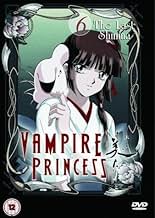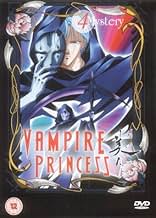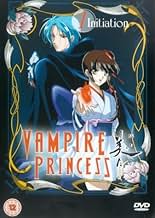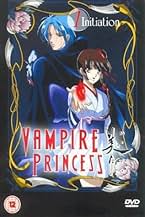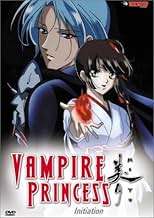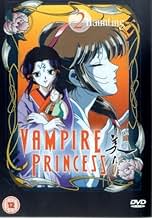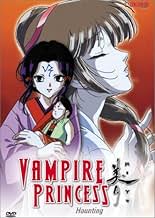Visually interesting, this series borrows from early German expressionist film. The scenes set in the real world are similar to Murnau.
The wild lines and intense contrast of he supernatural world fit the plots of the four sections of this movie. Plotwise the stories are good because there is the idea that good and evil exist without having any characters that are all one or the other. Characters tend to be deep without necessarily having their pasts revealed to us, and depth does not keep them from being killed off. The way in which things work out makes sense, but is not predictable, or contrived, so the movie has a realistic feel to it.
The world of Miyu is based on Japanese mythology, but knowledge of this subject is not necessary to understanding the film. Also although I am not familiar with Japanese mythology, I did notice that the reference to Lemuria was part of a completely different mythological system, so there are other random elements.
The film is suitable for children, but made for adults. Moral issues are addressed. Although Miyu says, ÒI do not judge humans.Ó, she cannot help but get involved in situations in which she must decide whether to kill them or make them immortal by drinking blood from them or how far to go to save them from the Shinma. She must drink blood to live so this device is used to solve tie up loose ends.
As opposed to the 1988 show this shows MiyuÕs good side, and her actions are motivated by mercy towards the people who have been changed by the Shinma.
I highly recommend seeing this.



